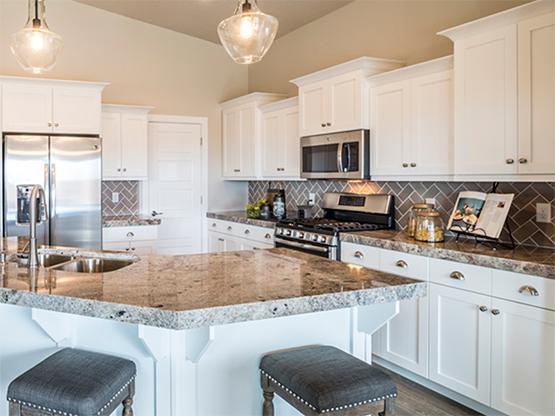Energy Efficient Ideas to Improve Your Home
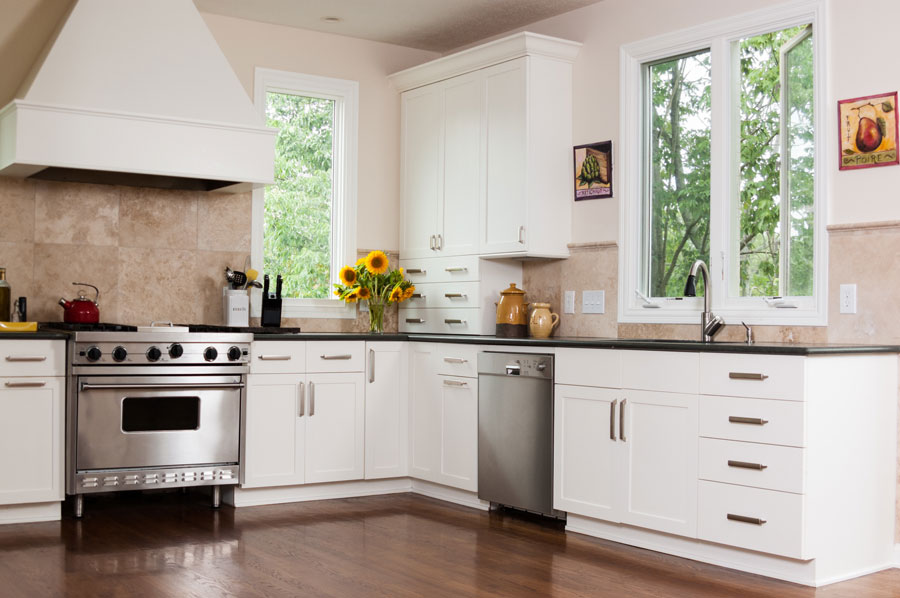
St. George is moving forward with an Energy Efficient Home movement, and Ence Homes is leading the way in this practice. Ence Homes has been recognized by the U.S. Environmental Protection Agency (EPA) with a 2011 Energy Star Leadership in Housing Award. This award recognizes the important contribution Ence Homes has made in energy-efficient construction and environmental protection by building more than 100 Energy Star qualified homes last year. Click here for more info on Ence Homes Green Homes in St. George.
However, for simple, short-term ways to save energy in your home, here are some ideas to make your home more energy efficient throughout the year.
Get a programmable thermostat
Programmable thermostats are a must in modern homes, not only for their convenience, but for saving energy and reducing cost. Time your thermostat to only kick on the AC or heating during certain hours of the day, when you know it will benefit you the most. Set it to turn off during the night or when you’re away for work. If you’re leaving for vacation, set the thermostat to 55 degrees to save on energy but to keep the pipes from freezing.
Seal and insulate
Adding insulation and sealing your home properly can save hundreds on your heating and cooling bill every year. If you live in an older home, there’s a good chance you could be losing money throughout the year – especially during the winter. If your heater is constantly running, try sealing doors and windows to prevent warm air from escaping. Insulation is equally important. Try re-insulating specific areas in the house that fluctuate between drastic temperatures, failing to retain a specific temperature. Installing more attic insulation can make a huge difference throughout the entire house.
Energy efficient appliances
There are countless options for energy efficient home goods for the kitchen, laundry room, and more. Energy efficient appliances are increasing in popularity, and while they cost more up front, they save you money over time by using less energy, water, etc. Consider replacing the appliances in your house – even if it’s one by one – with energy efficient appliances that look great, save you money, and take up less natural resources.
- Energy Star refrigerators are 20% more efficient.
- Energy Star dishwashers are about 10% more efficient.
- Energy Star washing machines use 50% less water and 30% less energy, which can save about $50 per year.
- Energy Star fans used in bathrooms and above stoves use 70% less energy.
Install a water-saving showerhead
Water saving shower heads can save gallons of water every shower, resulting in massive amounts of saved water per year and a significantly lower water bill.
Energy efficient lighting
Along with energy efficient appliances, one of the factors in our homes that take up the most energy is lighting. This can be even more so in the winter, when the sun sets early and we have significantly less sunlight to light our homes and offices during the day time. When shopping for light bulbs, look for the Energy Star label. Start with the most used light fixtures in your home – like in the kitchen and bathrooms – to save a minimum of $60 a year. Consider installing dimming switches, which use less energy at a low setting.
Take advantage of natural lighting
Not only should you replace your bulbs with energy efficient fixtures, take as much advantage of natural lighting as possible. Consider replacing dark drapes or curtains with minimalistic blinds to keep out the sun and the heat during the summer, and to bring in as much light and warmth during the winter as possible. More windows means less time that the light switch is in the on position. You can also consider installing skylights as a more intensive project to maximize the amount of sunlight you get in your home. Paint your walls light colors to optimize that light and to make spaces appear larger.
Use strategic landscaping
Not all energy efficient improvements happen inside the home – optimize your energy bill using your yard, as well. Plant trees, bushes, vegetation, etc., close to your home. This provides natural insulation, especially during the summer, when trees shade your home and help keep the sun off the exterior of your house.
Take care of your heating and furnace
Check your furnace filter regularly – every month or so during the cold months of the year – and if you have an older furnace, check it even more frequently. Get an annual check on your heating system to make sure its working properly and to make sure it’s running efficiently, without wasting your money. This is also a good safety precaution, to keep your home safe and prevent fires or malfunctions with the heating system.
Install more ceiling fans, and take advantage of the ones you already have
While ceiling fans still use energy, they take far less energy than your AC unit. In fact, a ceiling fan uses about as much energy as a typical light bulb. Switching to ceiling fans and using your AC minimally can save you money on your bill during the summer.
For washing and drying clothes…
Use cold water to wash your clothes, and use the dryer on loads that are completely full. During warmer months, consider drying your clothes outside on a clothesline. As mentioned above, there’s a wide variety of energy and water-efficient washers and dryers to consider investing in.
Fix leaky faucets
Another way to save small amounts of water that adds up over time is by checking all the water fixtures in your house and yard on a regular basis. Fix leaking pipes or faucets as quickly as possible to save water.
Keep the garage door closed
While it’s easy to leave the garage door open and is habitual for most people, keep your garage door closed as often as possible. No matter what time of year it is, the heat (or cold, if it’s in the summer) can escape from your home and overwork your AC or furnace. With the garage being less-insulated than the rest of your house, and directly attached to it, it can affect the temperature of your entire house.
For more info and ideas on energy efficient homes, visit Energy-Efficient Home Design | Department of Energy

 Choose the right sized home for your needs. Sometimes this can be difficult, especially depending on what is needed. It isn’t an uncommon experience to move from a larger home to a smaller one. If you ever feel you absolutely can’t part with anything, consider taking advantage of not only indoor space, but outdoor space as well. Utilize a patio overhang and walls to create an outdoor room in your house.
Choose the right sized home for your needs. Sometimes this can be difficult, especially depending on what is needed. It isn’t an uncommon experience to move from a larger home to a smaller one. If you ever feel you absolutely can’t part with anything, consider taking advantage of not only indoor space, but outdoor space as well. Utilize a patio overhang and walls to create an outdoor room in your house. It’s only a matter of time before the colors in your Utah luxury home
It’s only a matter of time before the colors in your Utah luxury home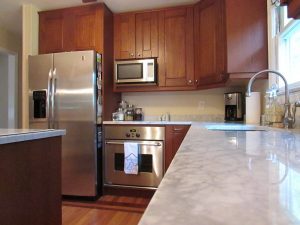
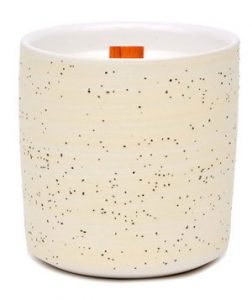 With spring upon us, your St. George home needs freshened up with a luxury candle or two. Here are some of our favorites:
With spring upon us, your St. George home needs freshened up with a luxury candle or two. Here are some of our favorites: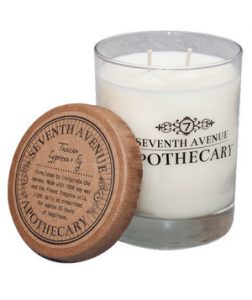
 Grapefruit Oleander Melrose Jar
Grapefruit Oleander Melrose Jar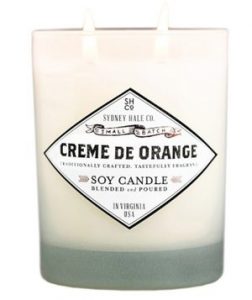
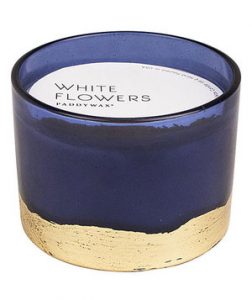 White Flowers 3-Wick Gilt Candle
White Flowers 3-Wick Gilt Candle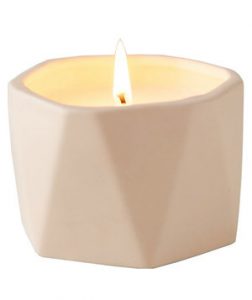
 Arrange Objects by Shape
Arrange Objects by Shape Embrace White
Embrace White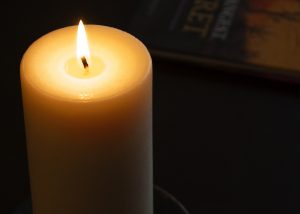 Scent
Scent Fresh Flowers
Fresh Flowers
 A Tidy Bathroom
A Tidy Bathroom
 Pollutants removed: ammonia, benzene, formaldehyde, and xylene.
Pollutants removed: ammonia, benzene, formaldehyde, and xylene. Peace Lily
Peace Lily We are overstimulated.
We are overstimulated.





